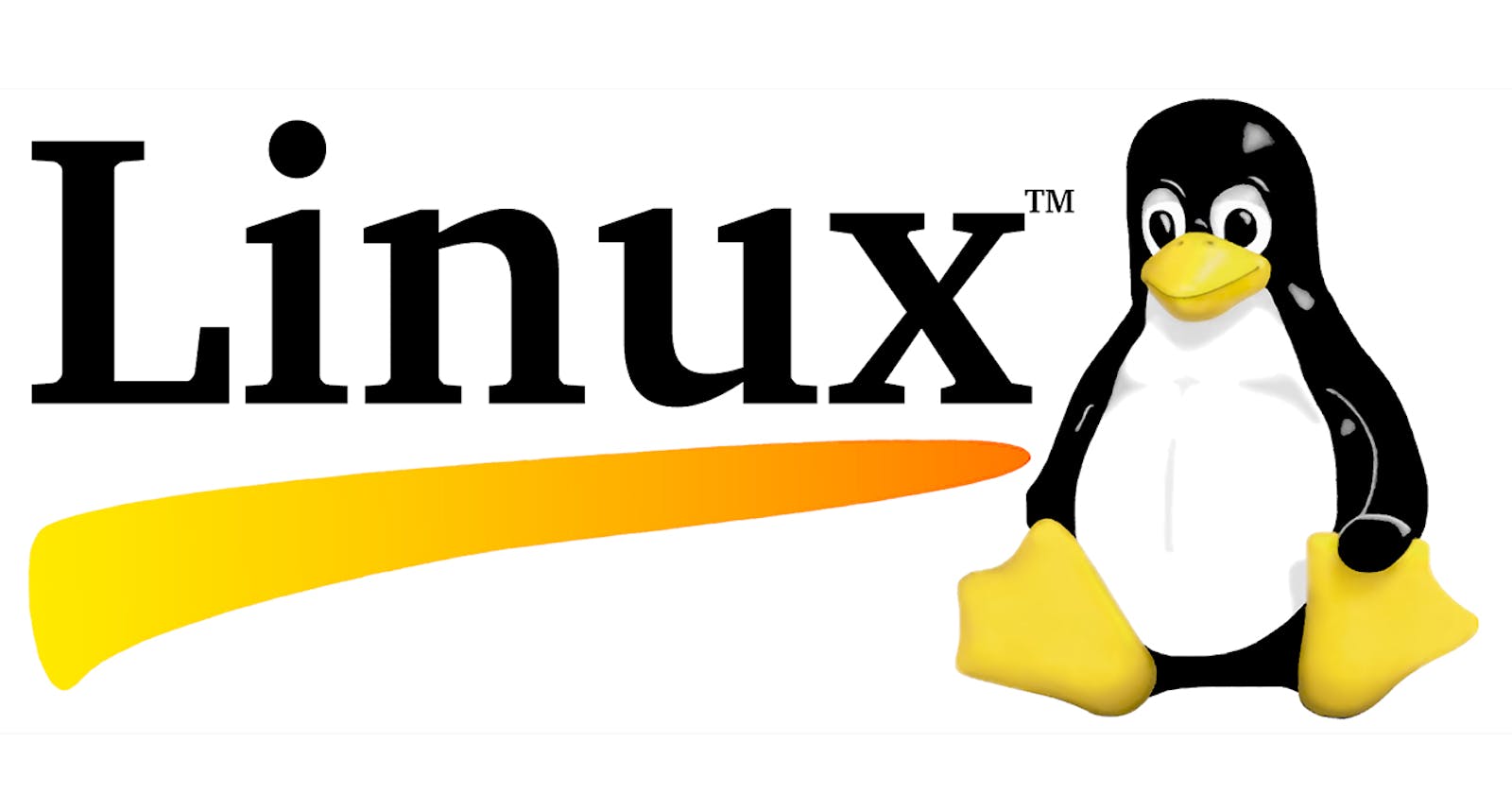Table of contents
No headings in the article.
Linux is an open-source operating system that is based on the Unix operating system. It was created by Linus Torvalds in 1991 and has since grown to become one of the most popular operating systems in the world. Linux is used in a wide range of applications, from servers to desktops to mobile devices.
One of the key advantages of Linux is its open-source nature. This means that the source code for the operating system is freely available for anyone to view and modify. This has led to a vibrant community of developers who contribute to the ongoing development of the operating system.
Another advantage of Linux is its security. Because it is open-source, security vulnerabilities can be quickly identified and patched. Additionally, Linux is designed to be highly modular and customizable, which makes it more difficult for attackers to exploit vulnerabilities.
Linux is also highly customizable. Because it is open-source, users can modify the source code to create a version of the operating system that meets their specific needs. Additionally, Linux supports a wide range of software and hardware, which makes it a flexible choice for a variety of applications.
One of the main differences between Linux and other operating systems, such as Windows and macOS, is the way in which it handles user permissions. Linux is designed to be a multi-user operating system, which means that multiple users can access the same system at the same time. Each user is assigned a set of permissions that dictate what they can and cannot do on the system.
Overall, Linux is a powerful and flexible operating system that is well-suited to a wide range of applications. Its open-source nature, security, and flexibility make it a popular choice for both individuals and organizations.
